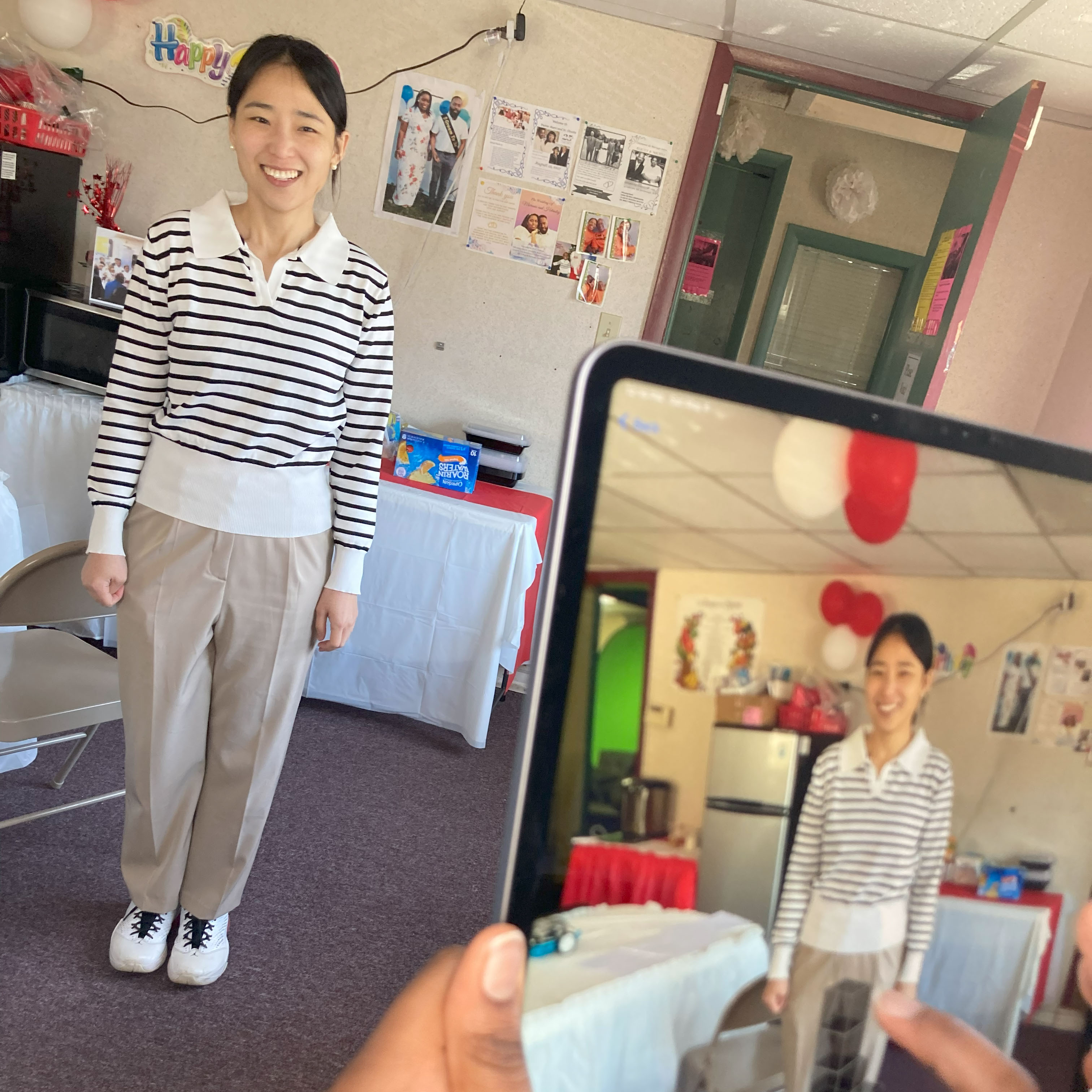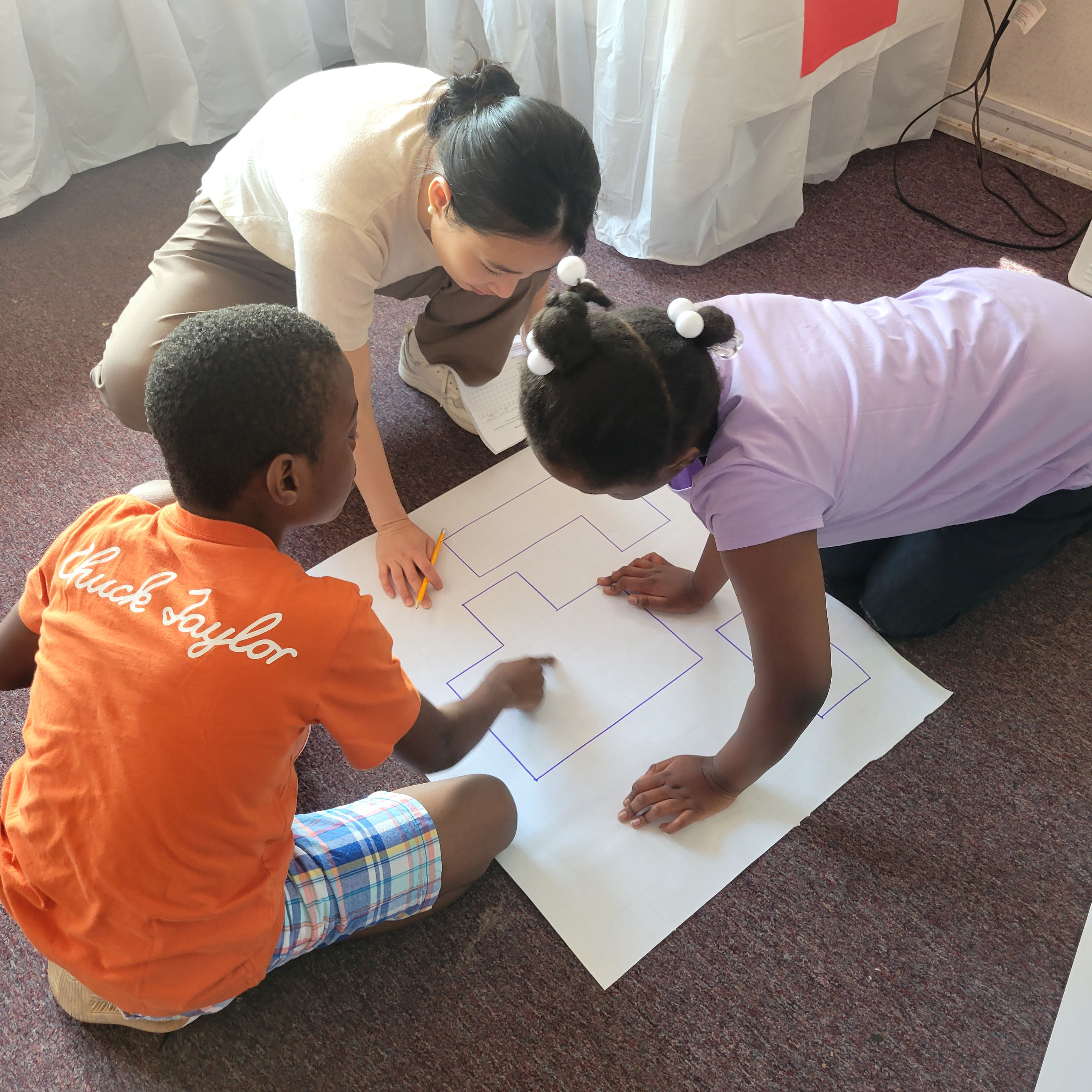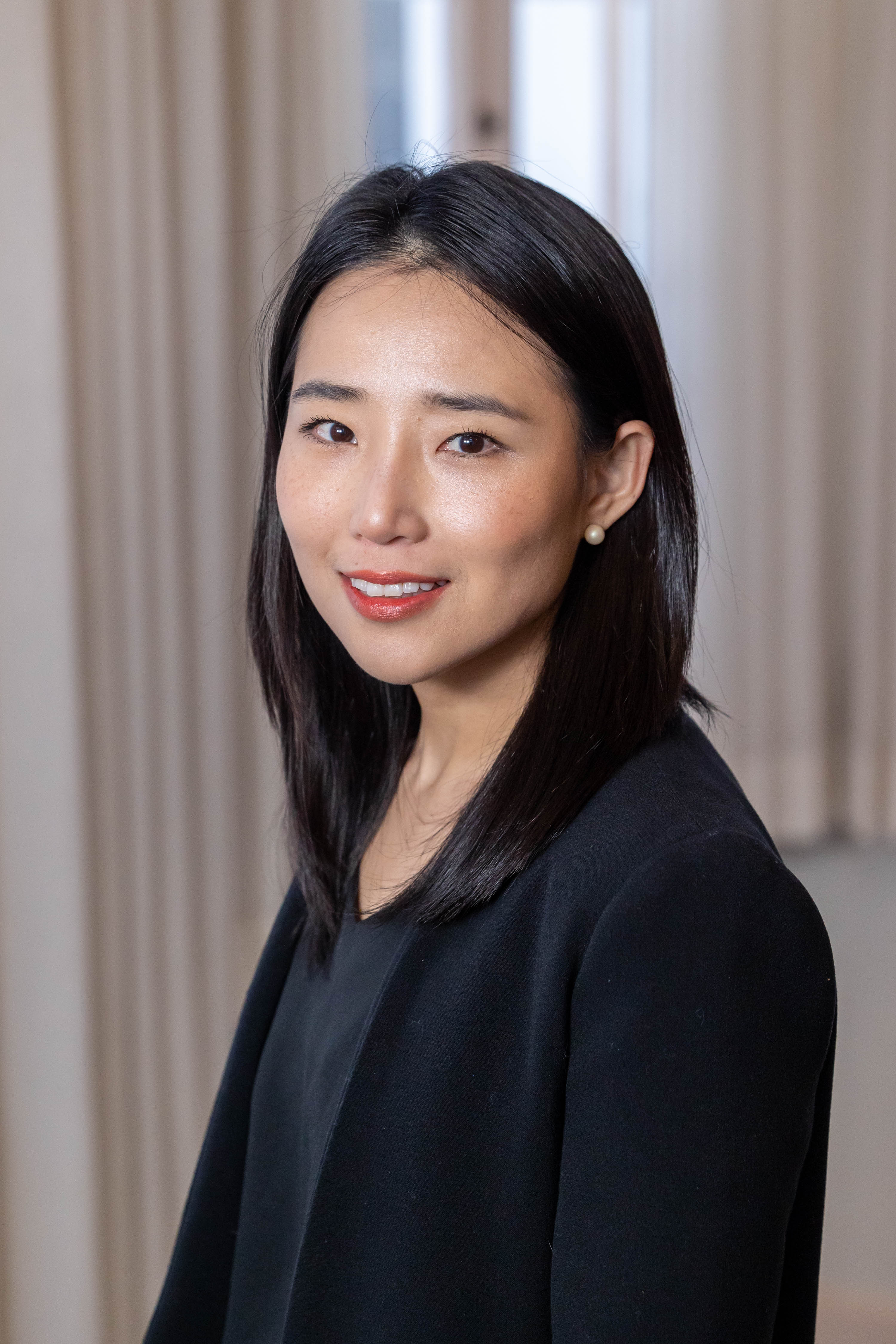Designing technology-integrated learning experiences that support learners of all ages
Eunhye Flavin is a Senior Research Scientist at Georgia Institute of Technology in Center for Education Integrating Science, Mathematics, and Computer (CEISMC). Eunhye leads STEM education research projects and outreach activities, focusing on K-12 mathematics education, learning science, and educational technology. She received her Ph.D. degree from the Lynch School of Education at Boston College in 2021, specializing in Mathematics and Technology Education. She was awarded as an Early Career BIPOC faculty mentee from the Association of Mathematics Teacher Education (AMTE) in 2023, and she currently serves as a Research Committee member at AMTE. Eunhye was also given the Professor of the Month Award in 2022 as an Assitant Professor (tenure-track) at Stonehill College. In 2023 and 2024, she was selected as a Senior Class Gift mentor honoree and as a mentor nominee for the Tri-Alpha inaugural induction ceremony. She has taught courses in the Department of Mathematics and the Department of Education Studies. Her research vision is to develop technology and learning environments that leverage intelligent systems (e.g., augmented reality, artificial intelligence) to enhance learning experiences of mathematics for historically marginalized populations.
Research
Intelligent systems for embodied learning of mathematics

The disconnection between mathematical representations (e.g., symbols) and everyday practices poses a significant challenge to children's mathematics learning. Intelligent systems, particularly augmented reality, bridge this gap by allowing users to enhance their real-world view with computer-generated information. Drawing on embodiment and sociocultural paradigms, this research direction aims to develop new augmented reality systems to enhance children’s reasoning about mathematical concepts as well as teachers' roles in these new student-teacher-machine interactions.
Artificial intelligence for culturally responsive teaching

While artificial intelligence has often been positioned as antagonistic to mathematics education, I believe that generative machine learning tools can unlock huge breakthroughs in the field. With this principle, my group is investigating artificial intelligence as a tool for helping mathematics teacher and teacher candidates develop competence in culturally relevant teaching. This research direction will develop fine-tuned generative AI-based chatbots that allows teacher candidates to practice culturally and linguistically relevant teaching skills within mathematics teaching scenarios.
Teaching and learning mathematics through a justice lens
This direction aims to help students develop mathematical knowledge in ways that enable them to relate to the curriculum and empower them. I view teaching and learning mathematics as a tool to promote collective well-being. This research direction involves creating curriculum, tasks, professional development materials and collaborating with diverse stakeholders. Additionally, it includes a study on preparing teacher candidates for such pedagogical knowledge and practices at the intersection of justice, mathematics education, and equitable use of technology.
Schooling experiences of immigrant families and communities

One in four children in the U.S. has at least one immigrant parent. Their schooling experiences unfold within social, material, and historical contexts, alongside out-of-school learning arrangements. Over a decade, I have collaborated with multiple sites (including K-12 schools, bilingual programs, non-profits, and churches) to harness the local values and practices of immigrant families and communities in shaping socially and ethically just learning theories and practices. This research direction will continue to utilize interdisciplinary methodologies, such as natural language processing, survey methods, and ethnography, to offer practical and policy-level suggestions.
